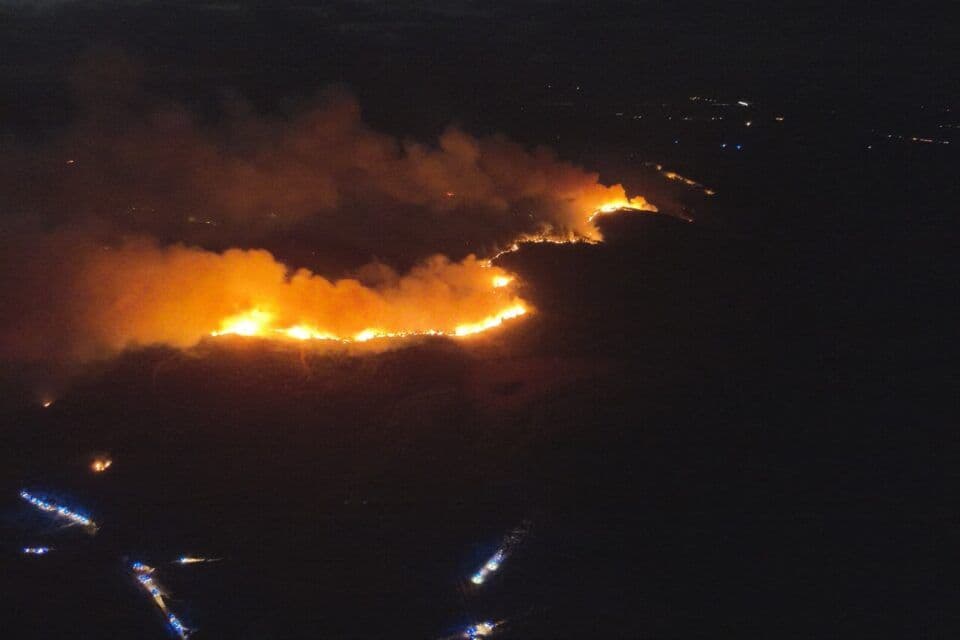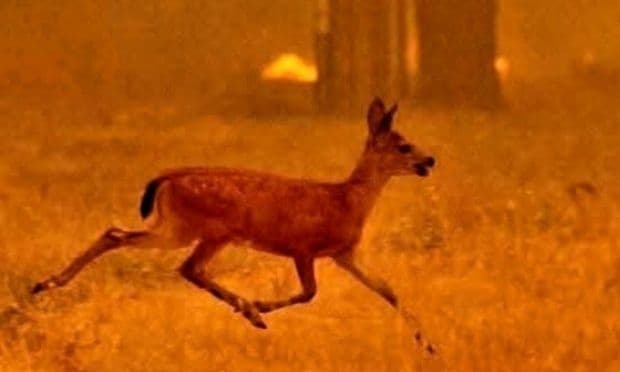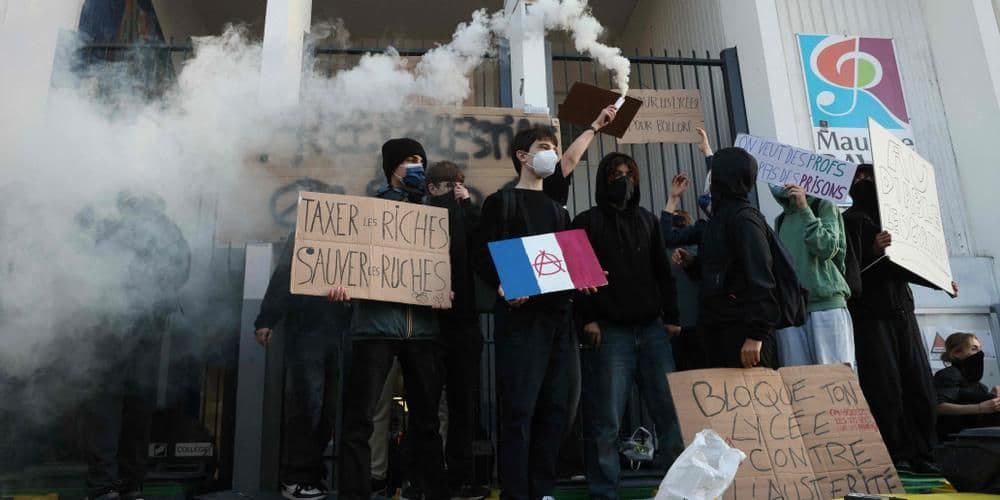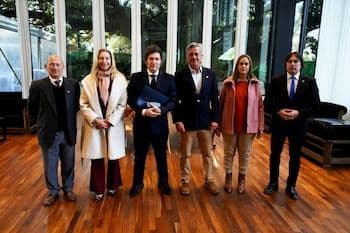Pastures of Paradox: Sandrine Rousseau's Unlikely Breton Retreat
Sandrine Rousseau's controversial move to rural Brittany sparks debate. Unpack the paradox of her eco-politics intersecting with farming life and the quest for common ground.
A Green Politician's Breton Homestead
The news of , a prominent Parisian Green politician, potentially acquiring an old sheepfold in , a small, intensely agricultural commune in Brittany's Finistère region, has certainly raised eyebrows. For a figure often at the forefront of divisive environmental debates, settling amidst 38 local farms, a third of which are organic, seems, on the surface, an unlikely choice. The local mayor openly admitted his surprise, noting Rousseau's polarizing nature and suggesting her move to a community she "seems to despise" was perplexing. Yet, Rousseau herself offers a different narrative. She revealed a long-standing connection to the area, having spent summers in nearby for three decades, seeking a place for "serenity" and to "recharge." This personal quest for peace, however, immediately collided with the deeply ingrained perceptions held by the very community she seeks to join, setting the stage for a fascinating, if challenging, integration.
The Profitability Protests: Revisiting the Divide
The immediate uproar surrounding Rousseau's potential move wasn't merely about her presence but deeply rooted in past controversies, particularly her now-infamous comment about farmers' profitability, where she was quoted as saying she "didn't give a damn." This statement, widely interpreted as dismissive and arrogant, ignited fury within the agricultural sector. , a local organic sheep farmer and secretary-general of the , articulated this raw sentiment in a scathing open letter. He expressed utter "incomprehension," questioning how someone who "vomits on the agricultural profession" could choose to live "surrounded by farms." His pointed remarks, labeling the choice an "immersive" experience among those she supposedly views as "polluters, assassins, generators of dirty money," underscore the profound chasm in perception. Rousseau, for her part, insists the profitability comment was "taken out of context," asserting her desire for farmers to earn a "decent life and income," explicitly distinguishing her stance from the practices of "agribusiness." Yet, the damage, it seems, was already done.
Seeking Solace Amidst the Fields: Rousseau's Rationale
Despite the storm of criticism and local skepticism, 's rationale for seeking a Breton retreat appears deeply personal, almost a yearning for a connection to the land she advocates for. Her confession of thirty years of summer visits to paints a picture of a long-held affection for the region, suggesting this isn't a sudden, politically calculated maneuver but a return to a place of personal solace. She articulated a genuine need for "spaces of serenity" and a desire to "recharge," a sentiment many city-dwellers can relate to. Furthermore, she actively sought to clarify her position on agriculture, stating unequivocally that she is "not at all opposed to farmers." Her insistence that her controversial profitability remark was misconstrued, and that her true aim is to ensure farmers achieve a "decent life and income" by challenging the "agribusiness system," reveals an attempt to bridge the rhetorical gap. It's a plea for understanding, framing her environmental critique not as an attack on farmers themselves, but on the economic structures she believes exploit them.
Can Fences Be Mended? Dialogue in Dinéault
The question now looms: can 's physical presence in , a heartland of Breton agriculture, genuinely mend the fences that her past statements have seemingly erected? The local mayor's initial assessment of her as "very divisive" and seemingly contemptuous of the community highlights the significant trust deficit. 's searing open letter encapsulated the local farming community's profound skepticism, challenging her directly: "Did you not make a mistake in choosing an agricultural commune?" He questioned how the majority of local polyculture-livestock professionals would welcome her, and whether she feared being a target of general discontent given her "ideological, often out-of-touch postures." His sarcastic query about her giving "lessons on managing our farms" underscores the perceived arrogance and disconnect. While Rousseau has attempted to clarify her intentions, the deep-seated resentment and the history of antagonistic rhetoric present a formidable barrier. The success of this move hinges less on her intentions and more on her ability to actively engage, listen, and demonstrate a tangible commitment to understanding the daily realities of those whose lives she has, perhaps inadvertently, critiqued.
Beyond the Individual: A Microcosm of France's Farming Future
's controversial move to transcends a mere personal anecdote; it serves as a potent microcosm of the broader, often fraught, relationship between environmental policy and agricultural realities across . The commune, with its mix of traditional and organic farms, reflects the ongoing tensions in a national debate, epitomized by discussions around legislation like the Duplomb law. Farmers, battling economic precarity, feel unfairly targeted by environmental dictates, perceiving them as 'out-of-touch' impositions from urban elites. Conversely, environmentalists see current agricultural practices as unsustainable and damaging. Rousseau's choice to immerse herself in this very environment, despite the hostility, could be interpreted as a genuine, albeit clumsy, attempt to bridge this divide. It forces a direct confrontation with the complexities of ecological transition in rural areas, highlighting the desperate need for dialogue over diatribe. Her experience in will offer valuable insights into whether true reconciliation between high-profile environmental activism and the everyday lives of farmers is possible, or if the pastures of paradox will remain perpetually unbridged.
Related Articles

Aude's Living Shield: How Nature and Community Are Forging a New Era of Wildfire Resilience

Aude's Living Shield: How Nature and Community Are Forging a New Era of Wildfire Resilience

Aude's Ember Awakening: Charting the Path to Ecological Renewal Beyond the Blazes

Aude's Ember Awakening: Charting the Path to Ecological Renewal Beyond the Blazes

Manufacturing Non-Events: The Strategic Erasure of France's Mass Protests

Manufacturing Non-Events: The Strategic Erasure of France's Mass Protests

Argentina's Unpaved Promise: The High Stakes Driving La Rural's Critical Dialogue
